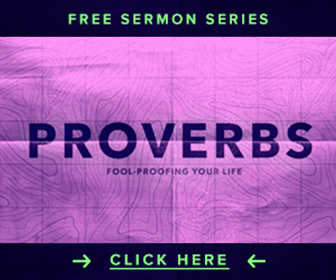In his book Desiring the Kingdom, James K. A. Smith describes the formative power of the places and institutions we inhabit, using a shopping mall as a powerful example.He describes how everything about a shopping mall is orchestrated to make visitors conform to its vision of the “good life.” The mall presents a problem (not looking like the model in the window, not living the life of the actor in the commercial) and offers a solution (buying something). Every advertisement, the position and expression of every mannequin, the placement of good-smelling food, the existence of misleading mirrors are perfectly designed to form in us certain desires and a particular idea of what makes a good, fulfilling life. And our lives are full of these places, inculcating in us different competing visions of a good life. The church serves as a counterformative place that forms in us a right desire for God. The physical space we inhabit, the songs we sing, the words we repeat, the food we eat together—all of these things teach us to want the right things (James K. A. Smith, Desiring the Kingdom: Worship, Worldview, and Cultural Formation [Grand Rapids, MI: Baker, 2009], 95).





